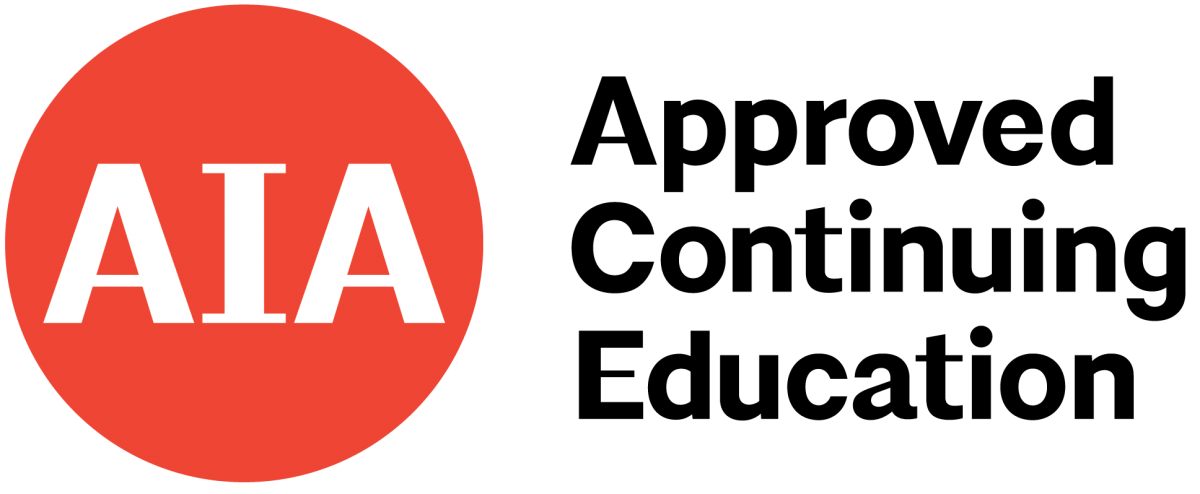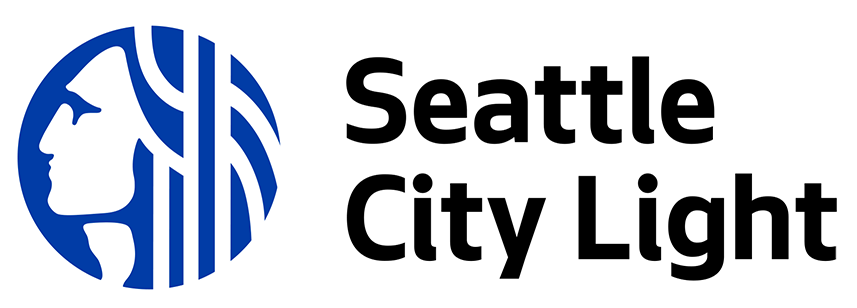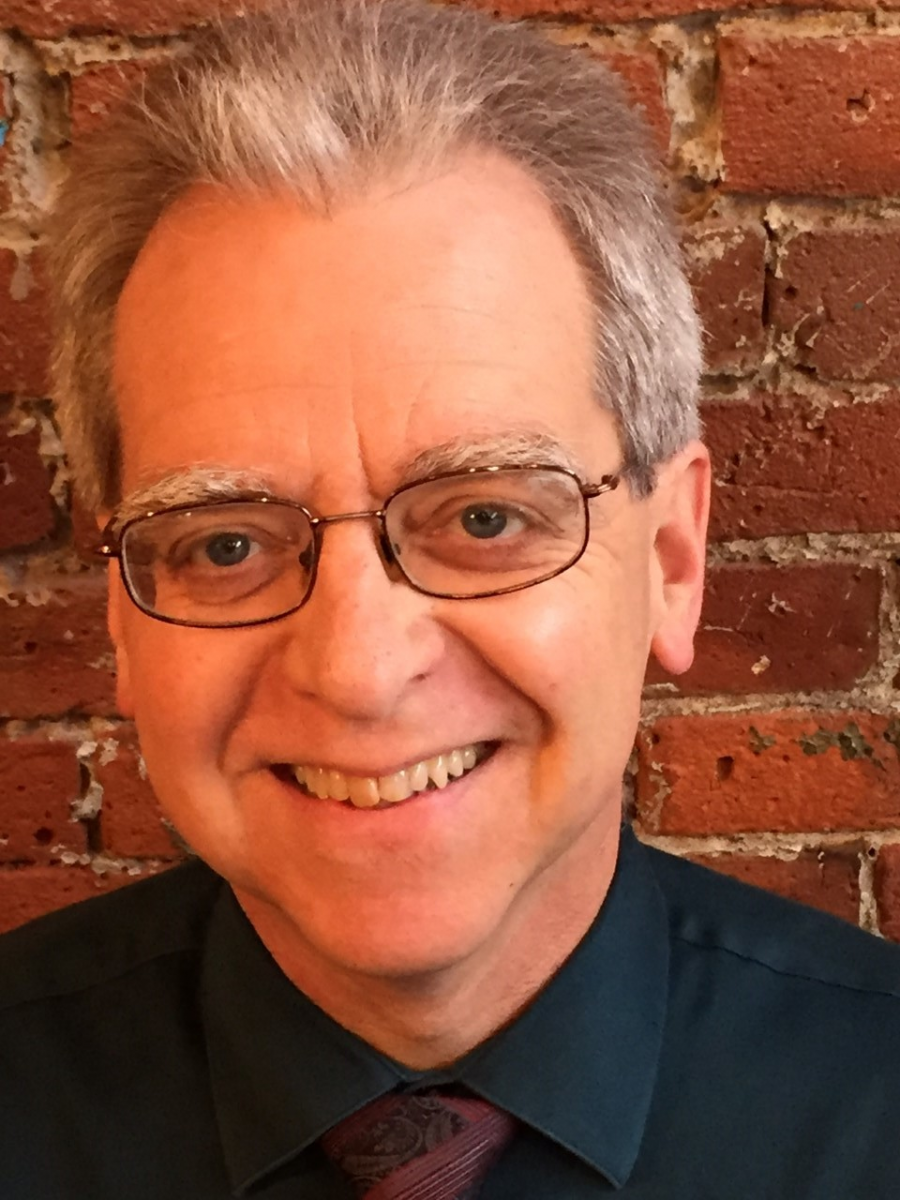
Brought to you in collaboration with the Lab at Seattle City Light and Seattle Department of Construction & Inspections
 |
 |
 Duane Jonlin, FAIA | Energy Code and Energy Conservation Advisor, Seattle Department of Construction and Inspections
Duane Jonlin, FAIA | Energy Code and Energy Conservation Advisor, Seattle Department of Construction and Inspections
Duane Jonlin is the “Energy Code and Energy Conservation Advisor” for Seattle’s Department of Construction and Inspections, and for eight years chaired the Energy Code Technical Advisory Group for the Washington State Building Code Council. At the national level, he is a voting member of both the ASHRAE 90.1 Committee and the ICC Commercial Energy Code Committee, and serves on several national advisory committees. Prior to taking his position at the City of Seattle, Duane was a principal at NBBJ, with 30 years’ experience designing complex projects as a technical architect. He is a featured speaker nationally on issues of energy efficiency and energy regulations, and in 2016 was elected to the American Institute of Architects College of Fellows.
 Denali Jones, PE | Associate, Senior Project Manager, RDH
Denali Jones, PE | Associate, Senior Project Manager, RDH
Denali's work is focused primarily on new construction projects, reviewing the design and constructability of building enclosures to ensure the primary control layers are maintained through all assemblies, details, and fenestration systems. Denali also regularly performs field review of ongoing enclosure construction, verifying conformance with project details and manufacturer’s instructions, and troubleshooting complex interfaces which have not been adequately detailed.
Denali is also regarded as an industry expert at air leakage testing. He has extensive experience conducting whole-building air leakage testing on large buildings and has led training seminars throughout North America. He is often consulted by code officials about air leakage testing procedures and results and has contributed to several national air leakage testing protocols and standards including ASTM E3158 as well as the US Army Corps of Engineers Air Leakage Testing Protocol.
 Jason Acosta, PE | Building Science Engineer, RDH
Jason Acosta, PE | Building Science Engineer, RDH
Jason has worked as a building enclosure consultant at RDH Building Science in Seattle for the past 6 years and is a licensed engineer in the State of Washington. At RDH, Jason is a Building Science Engineer and is responsible for building enclosure design review as well as field review to ensure the project is built in conformance with drawings and specifications. He manages energy code permit submittals for a variety of new construction and existing building projects and specializes in thermal modeling. Prior to arriving at RDH, Jason received a Master of Science degree in Architectural Engineering at the University of Colorado and interned at NREL while pursuing this degree
